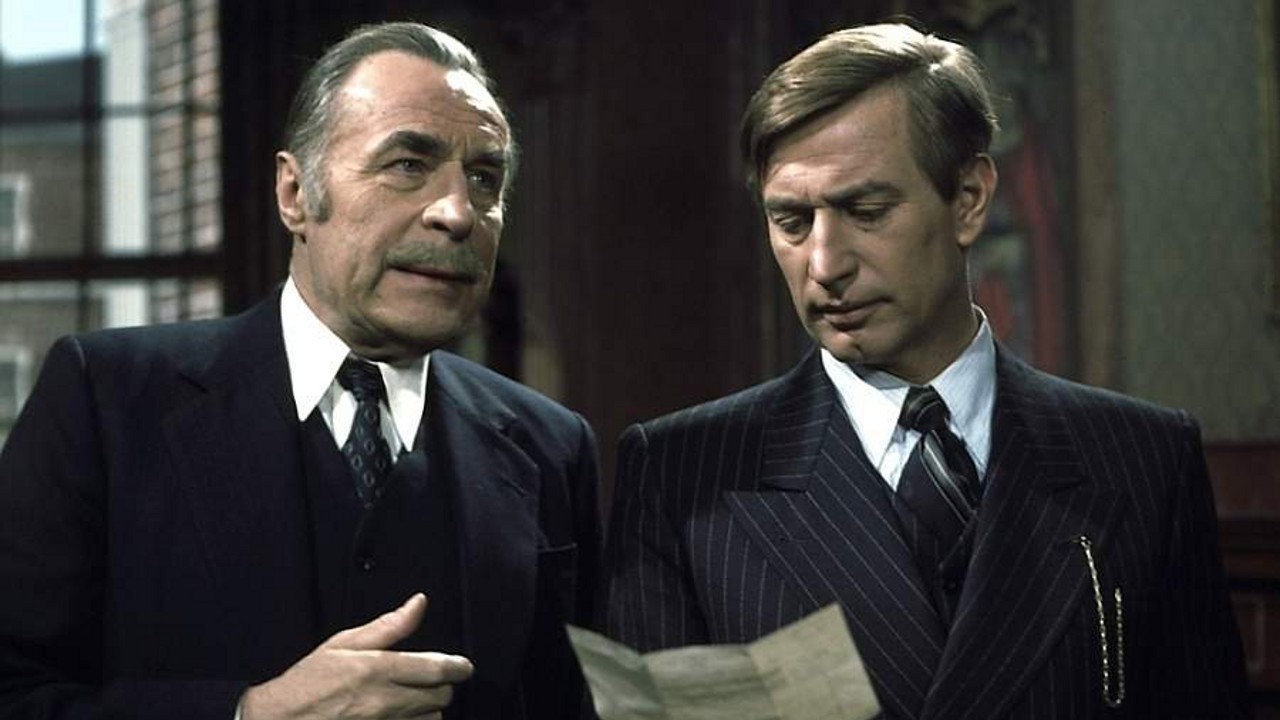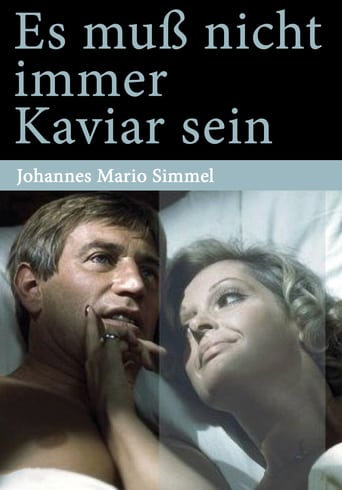



Well Deserved Praise
if their story seems completely bonkers, almost like a feverish work of fiction, you ain't heard nothing yet.
View MoreExcellent and certainly provocative... If nothing else, the film is a real conversation starter.
View MoreIt's easily one of the freshest, sharpest and most enjoyable films of this year.
View MoreLet's be realistic about this: during the time of the Nazi-Regime the number of positive figures weren't the majority. So, after the war, many felt a strong need for a "decent German", who stayed clean despite all odds and author Johannes Mario Simmel gave his readers just that in 1960: Thomas Lieven (in the series portrayed by Siegfried Rauch), a young banker who has all the virtues you'd expect from the perfect gentleman. Lieven is good-looking, successful, clever, stylish, educated, catnip for the ladies and a master-cook. Not to forget: a reluctant double-agent for various European secret-services. But Lieven, politically uninterested, has little interest in being played as a pawn and always finds a way to double-cross his opponents with his superior wit, high moral-standards and – last but not least – an overabundance of charm. In other words, he's a German James Bond without the gadgets or a license to kill."It can't always be caviar" (such the literal translation of both book- and series-title) if for one the motto of Thomas Lieven, who rounds off each episode with a little cooking-sequence, that he "spices" up with an anecdote from his life. The dishes range from Sauerkraut cooked with champagne, Matelotte (French fish-soup), American-styled Chop Suey or Steak tartare with caviar. Short, foods that the Germans of the time would have considered extremely exotic (most hadn't discovered the Italian kitchen yet or rather, considered Spaghetti Bolognese only authentic when cooked with ketchup and cream). On the other hand, the title describes the style of writers like Simmel or Konsalik: no great accomplishments of literature, but simple, easy-reading pulp-fiction; just what the average German reader wanted after the war.Same goes for the series: it's good, harmless fun, without too much violence (unlike Bond, Lieven has a strict "no killing" policy), plenty of beautiful women (all who fall into Lievens bed like flies) and the assurance that Lieven and his French sidekick and comic-relief Bastian (Heinz Reincke) will always best all dire straits and adversaries.The main criticism would be that the series only covers the first half of Simmels book and hence leaves the viewer with a cliffhanger. Why the show was never continued is not quiet clear, considering that the 13 episodes were very popular during the 70's and 80's, and have since attained cult-status. As far as German TV-Series of the 1970s go, I'd give it 7/10.
View More"Es muß nicht immer Kaviar sein" was filmed twice, and both versions had no chance to match the book by Johannes Mario Simmel.Although several Simmel books were successfully filmed in the 70's, the makers were out of luck this time. For some reasons, many of the characters are only a cartoon of themselves. The impudent methods of the main character, Thomas Lieven were funny and thrilling, but Simmel's favourite issues, like the relativity of good and bad, were lost somehow. Moreover, some sequels had to be stretched to fit the time window.The TV series of 1980 contains only half the book. The sequel never was filmed. Perhaps the producers and actors were not too happy with the result of their work?
View More